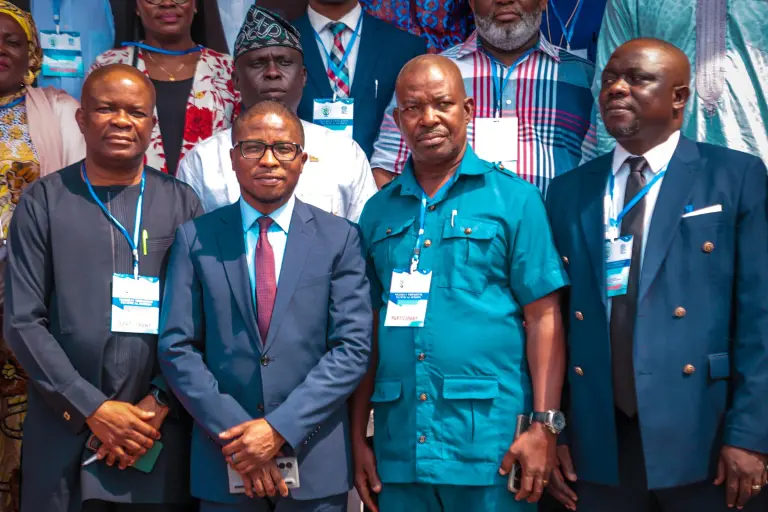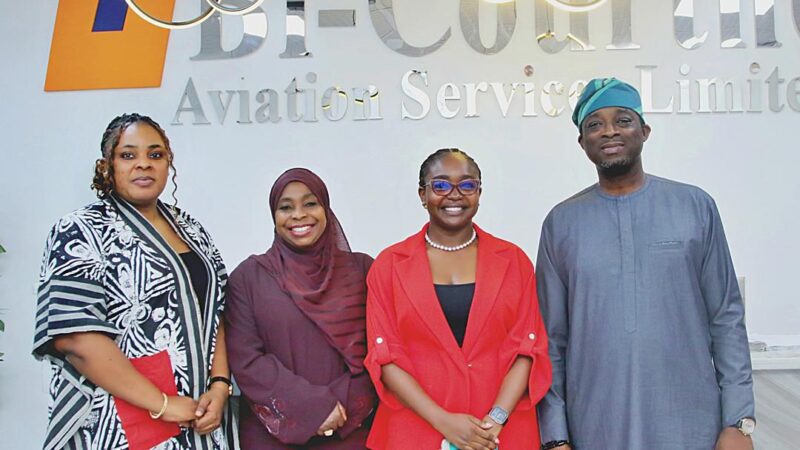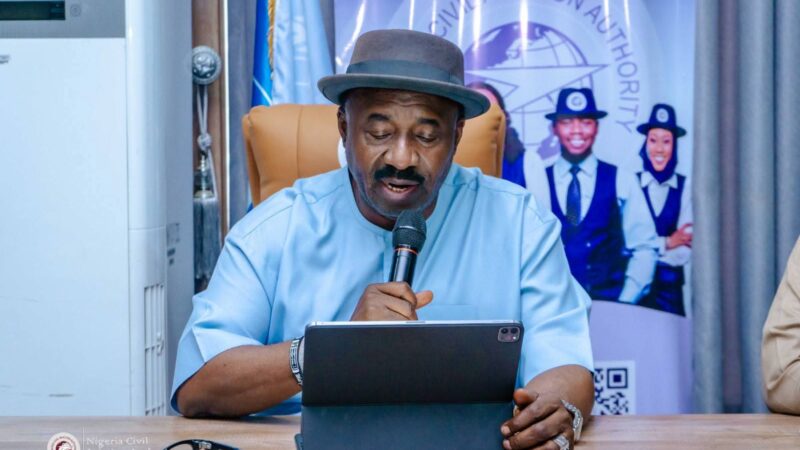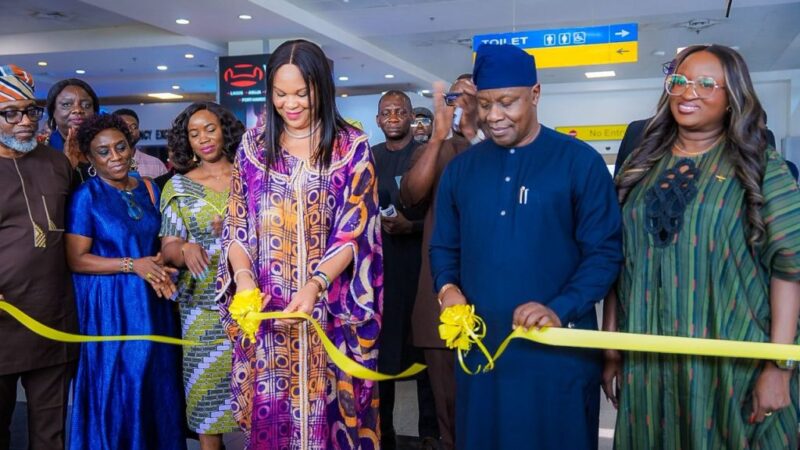NIMASA Reviews 16 Proposals to Strengthen Seafarers’ Rights, Maritime Labour Standards

The Nigerian Maritime Administration and Safety Agency (NIMASA), in a significant move to enhance maritime labour standards in the country, has commenced the review of 16 proposals for amendments to the Maritime Labour Convention (MLC), 2006, widely recognised as the “Seafarers’ Bill of Rights.”
The announcement was made during a three-day Tripartite Technical Session, which convened key stakeholders, including government representatives, employers, unions, and international maritime partners.
The session underscored Nigeria’s commitment to improving seafarers’ welfare and aligning its maritime regulatory framework with global best practices.
Delivering a speech on behalf of NIMASA’s Director General, Dr Dayo Mobereola, the Agency’s Executive Director of Maritime Labour and Cabotage Services, Mr Jibril Abba, emphasised the importance of these amendments in fostering fairness, inclusivity, and sustainability within the sector.
“Through this synergy, we can achieve progressive amendments that will enhance seafarers’ welfare, create a fair business environment, and elevate Nigeria’s position as a leading maritime nation.
“This tripartite session is not just about policy amendments; it is about fostering a collective commitment to the sustainability of the maritime sector and the protection of seafarers’ rights,” Abba stated.
The review sessions focus on key issues, including the impact of new technologies, environmental concerns, and the evolving needs of seafarers.
By addressing these areas, stakeholders aim to improve working conditions while fostering industry growth.
Nigeria’s ILO Attaché (Labour Services), Mr Essah Aniefiok, underscored the necessity of collaboration among all stakeholders to achieve the objectives set out in the review process.
Similarly, the Regional Advisor and ILO expert on MLC 2006, Dr Amos Kuje, highlighted Nigeria’s pivotal role in Africa’s maritime sector.
He urged stakeholders to work collectively to guarantee seafarers’ welfare, particularly as Nigeria seeks election into the Category C seat of the International Maritime Organisation (IMO).
“The practice must align with the theory,” Kuje asserted, stressing the need for Nigeria to uphold global standards as it vies for international recognition.
The MLC, 2006, establishes an international framework to ensure decent working conditions for seafarers while promoting fair competition in the maritime industry.
However, with the evolving global maritime landscape – shaped by automation, climate change, and economic shifts – NIMASA has reaffirmed its commitment to adapting the legislation to meet emerging challenges.
The session witnessed the participation of representatives from the Ministry of Marine and Blue Economy, the Maritime Workers Union of Nigeria, the Nigerian Merchant Navy Officers, and the Water Transport Senior Staff Association, among other key stakeholders.
As deliberations continue, the outcomes of this session are expected to reinforce Nigeria’s position as a competitive, resilient, and equitable maritime hub, ensuring decent work and enhanced welfare for all seafarers.







